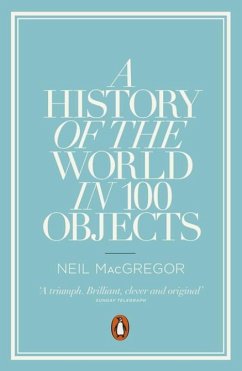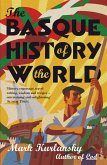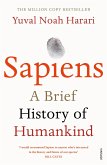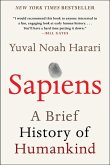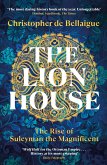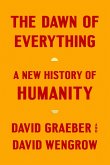Neil MacGregor's A History of the World in 100 Objects takes a bold, original approach to human history, exploring past civilizations through the objects that defined them.
Encompassing a grand sweep of human history, A History of the World in 100 Objects begins with one of the earliest surviving objects made by human hands, a chopping tool from the Olduvai gorge in Africa, and ends with objects which characterise the world we live in today.
Seen through MacGregor's eyes, history is a kaleidoscope - shifting, interconnected, constantly surprising, and shaping our world today in ways that most of us have never imagined. A stone pillar tells us about a great Indian emperor preaching tolerance to his people; Spanish pieces of eight tell us about the beginning of a global currency; and an early Victorian tea-set speaks to us about the impact of empire.
An intellectual and visual feast, this is one of the most engrossing and unusual history books published in years.
'Brilliant, engagingly written, deeply researched' Mary Beard, Guardian
'A triumph: hugely popular, and rightly lauded as one of the most effective and intellectually ambitious initiatives in the making of 'public history' for many decades' Sunday Telegraph
'Highly intelligent, delightfully written and utterly absorbing ' Timothy Clifford, Spectator
'This is a story book, vivid and witty, shining with insights, connections, shocks and delights' Gillian Reynolds Daily Telegraph
Encompassing a grand sweep of human history, A History of the World in 100 Objects begins with one of the earliest surviving objects made by human hands, a chopping tool from the Olduvai gorge in Africa, and ends with objects which characterise the world we live in today.
Seen through MacGregor's eyes, history is a kaleidoscope - shifting, interconnected, constantly surprising, and shaping our world today in ways that most of us have never imagined. A stone pillar tells us about a great Indian emperor preaching tolerance to his people; Spanish pieces of eight tell us about the beginning of a global currency; and an early Victorian tea-set speaks to us about the impact of empire.
An intellectual and visual feast, this is one of the most engrossing and unusual history books published in years.
'Brilliant, engagingly written, deeply researched' Mary Beard, Guardian
'A triumph: hugely popular, and rightly lauded as one of the most effective and intellectually ambitious initiatives in the making of 'public history' for many decades' Sunday Telegraph
'Highly intelligent, delightfully written and utterly absorbing ' Timothy Clifford, Spectator
'This is a story book, vivid and witty, shining with insights, connections, shocks and delights' Gillian Reynolds Daily Telegraph

